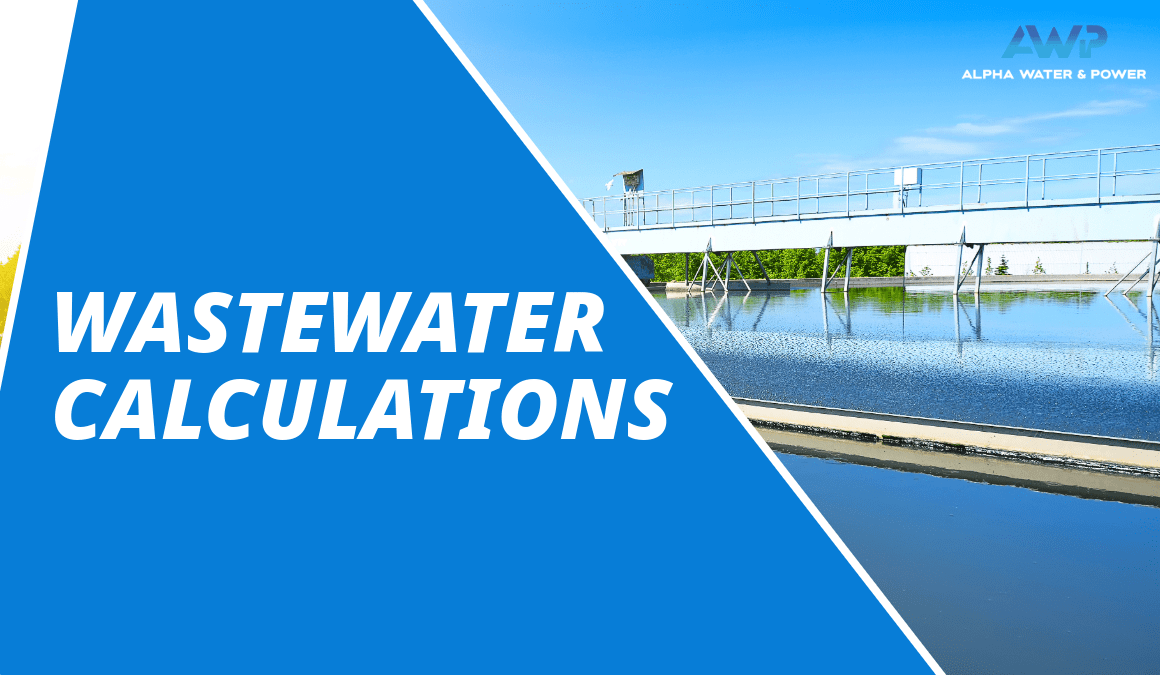Mastering Wastewater Calculations: A Comprehensive Guide for Environmental Stewardship
In today’s rapidly evolving environmental landscape, the efficient management and treatment of wastewater have become paramount. At Alpha Water & Power, we’re committed to leading the charge in sustainable water management practices. Understanding the critical role of wastewater calculations in this process is essential for professionals in the field. This comprehensive guide aims to demystify these calculations, providing you with the knowledge to optimize water treatment processes and contribute to our collective environmental stewardship.
The Importance of Wastewater Calculations
Wastewater calculations are vital for designing, optimizing, and managing water treatment facilities. They help in determining the loadings of various pollutants, the efficiency of treatment processes, and the capacity required for treatment plants to operate effectively. Accurate calculations ensure compliance with environmental regulations, protect public health, and preserve natural water bodies.
Key Calculations in Wastewater Management
- Flow Rates and Loading: Understanding the flow rates and loading is crucial for determining the capacity of treatment facilities. This involves calculating the daily volume of wastewater, pollutant concentrations, and the total pollutant loadings. The formula typically used is: Q = V/T, where Q is the flow rate, V is the volume, and T is the time.
- Hydraulic Loading: This calculation helps in assessing the water flow through a treatment facility, crucial for designing aeration and filtration systems. Hydraulic loading is calculated as: HL = Q/A, where HL is the hydraulic loading, Q is the flow rate, and A is the area of the treatment component.
- Organic Loading: To design and optimize biological treatment processes, knowing the organic loading is essential. This is often expressed in terms of Biological Oxygen Demand (BOD) or Chemical Oxygen Demand (COD) per unit volume of water.
- Sludge Production: An important aspect of wastewater treatment is the generation and disposal of sludge. Calculating sludge volume and weight is critical for the design of sludge handling and disposal systems.
- Efficiency Calculations: Evaluating the efficiency of various treatment processes is crucial for operational optimization. This includes calculations for removal efficiencies of pollutants, energy efficiency of treatment processes, and overall system efficiency.
Implementing Best Practices in Wastewater Calculations
At Alpha Water & Power, we advocate for the use of advanced software tools and models to enhance the accuracy of wastewater calculations. Integrating these tools with our deep understanding of water chemistry and microbiology allows us to design and manage treatment processes that are not only efficient but also sustainable.
In addition to leveraging technology, we emphasize the importance of continuous learning and professional development. Staying abreast of the latest research and innovations in water treatment ensures that our methodologies remain at the forefront of environmental stewardship.
Conclusion
Mastering wastewater calculations is a cornerstone of effective water treatment and management. At Alpha Water & Power, our commitment to environmental sustainability drives us to excel in this domain. By sharing our knowledge and expertise, we hope to empower professionals in the field to make informed decisions, optimize their operations, and contribute to the global effort of water conservation.
Embrace the challenge of wastewater management with Alpha Water & Power as your guide. Together, we can make a significant impact on preserving our most precious resource: water.

